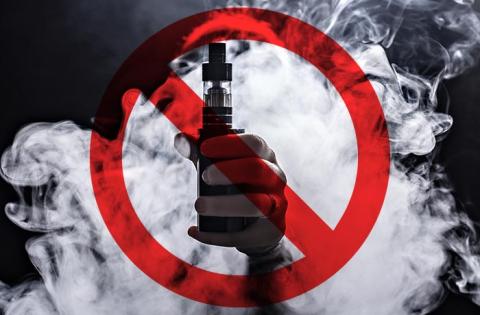Holland Hospital News and Stories
Holland Hospital managed websites use cookies to enhance your website experience. By navigating our websites, you agree to the Website Terms of Use. For more information, please review our Website Privacy Policy.
Displaying 241 - 250 of 490
Image

Growing with You in Grand Haven
Media Releases
Celebrating the Birth of a New Practice along the Lakeshore Ob/Gyn Associates of Holland will soon offer comprehensive care in Grand Haven. The new practice, located at 1475 Robbins Road, Suite 100, will provide complete obstetric and gynecologic services, including pregnancy care, contraception, annual screenings, treatment for endometriosis and menstrual irregularities, menopause support, and more. Patients will also be able to access outpatient surgery services at Health Pointe in Grand Haven. “This ...
Image

Medication Take Back Event
Media Releases
Date: Saturday, October 26, 2019 Time: 10 AM – 2 PM Location: Holland Hospital, 602 Michigan Ave. Holland, MI Every day, more than 130 Americans die from an opioid-related overdose—many of whom took the pain medication illegally, without a prescription. Medication Take Back events provide safe locations for disposing of unused medications while also protecting communities and the environment. Holland Hospital is proud to partner with Community Mental Health of Ottawa County and the Michigan Opioid Presc...
Make it Your Plan to Create a Birth Plan
Blogs
Having a baby is one of the most important moments of your life. Creating a birth plan before he/she arrives can give you added peace of mind and help you focus on what matters most: welcoming your baby into the world.
Image

Surgical Robotics: A Hands-on Experience
Media Releases
Holland Hospital Will Host Robotics Open House Holland Hospital is proud to lead the state in robotic-guided technology. For the first time, on September 9, we will have all three of our surgical robotic tools in one room for a unique, interactive, hands-on learning experience. We are encouraging students and adults of all ages, with an interest in health care, robotics and technology to join us! Our robotic-assisted technologies include: da Vinci ® Xi Surgical System – The most advanced instrument amon...






